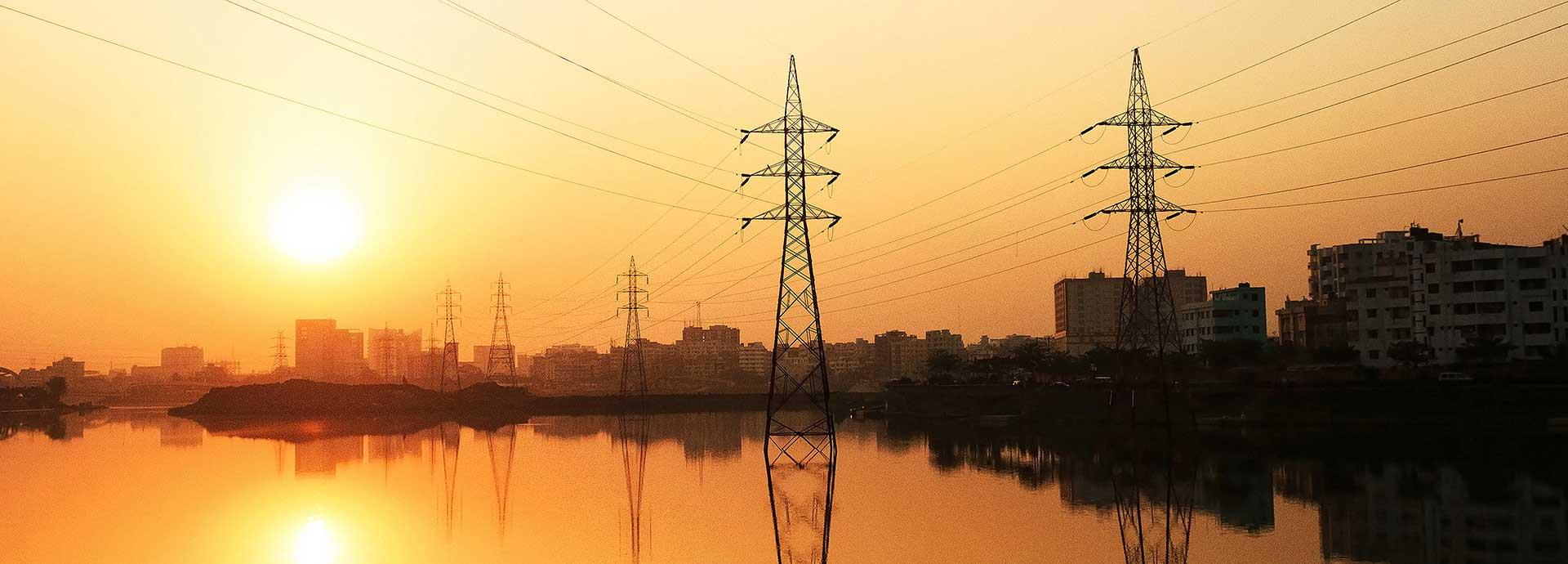

Electricity consumption in Bangladesh is rising. To meet the growing demand, the sector is focusing on expanding its power generation capabilities, improving its distribution network, and securing maintenance for its equipment. Is that a tall order? Well, not if you have a plan in place.
All eyes are set on Bangladesh’s growth story.
The South Asian country’s economic growth, coupled with rapid urbanisation, has been remarkable to say the least. And to sustain this momentum, Bangladesh is putting the pedal to the
metal to revamp its power sector, which is the backbone of its overall development.
Less than a decade ago, eight to 10 hours of load-shedding, a day, was a stark reality for Bangladeshis. But now, things are beginning to change. Investments
are pouring in and partnerships are being fostered.
Case in point is Wärtsilä’s growing presence in Bangladesh. The company started supplying engines for power plants in Bangladesh in 1996 with a total output of 100 MW of
energy. Within a little over 20 years, the company has already installed, or is committed to doing so, a total of 4200 MW of energy.
“We now have a booming business in Bangladesh,” says Mostafa Zahed, who heads
Wärtsilä’s Services team in Bangladesh.
Zahed puts the current success in the area to Wärtsilä’s ability to supply excellent power plant solutions, execute fast-track deliveries and provide high quality services,
in order to foster good customer relationships.
“Wärtsilä can locally support its customers 24 hours a day in Bangladesh. In 2006, we only had eight people working in the Field Services in Bangladesh, but this has increased
ten-fold to around 80 people, who are working in the field directly with customers.”
“Most of our customers operate in base load mode so the power plants are running continuously. This inevitably means that maintenance and services
availability needs to be arranged accordingly. We can provide that using our local engineers in Bangladesh,” Zahed adds.
Wärtsilä’s capabilities, providing lifecycle support and service solutions, has given it a competitive
edge and is one of the key reasons why energy companies choose to buy Wärtsilä’s solutions.
“Our Services team on the spot is always there to support the customer,” the head of Wärtsilä Services in
Bangladesh says.
A recent Wärtsilä Power Meet conference was held in Dhaka.
Closer to the customer
That said, the company is now developing an even higher level of service for its customers by establishing warehouses in Bangladesh where key parts of the engine are stored, supporting the company’s target of keeping power plants up and running
as scheduled.
At a recent Wärtsilä Power Meet conference held in Dhaka the new warehousing system, exchange spare parts concept, turbo charger services, and Wärtsilä Online Services were introduced to customers.
“It was a very well attended event involving all our Bangladesh customers. They were so excited about the speed of support that we will be able to provide them with stock stored in the country, real time visibility and access to technical
information through Wärtsilä’s Online Services portal,” says Zahed.
In addition, Wärtsilä has started to provide power plant companies with remote monitoring of the equipment. This means Wärtsilä’s
engineers from different monitoring centers (Dhaka, Chennai & Vaasa) can see what is happening in the Bangladesh plants, real time.
“This will help to maintain the high availability of the installations which is crucial for our
customer’s business on IPP market Zahed concludes.
Wärtsilä power plants in Bangladesh
- 50 power plants
- Wärtsilä provides over 25% of the grid capacity in Bangladesh with an installed base capacity of more than 4000 MW.
Wärtsilä delivered power plants under agreements in Bangladesh:
- Operation and maintenance: 44 MW
- Maintenance agreements & Long term service agreements: 905 MW
- Spare parts supply agreements: 2288 MW


